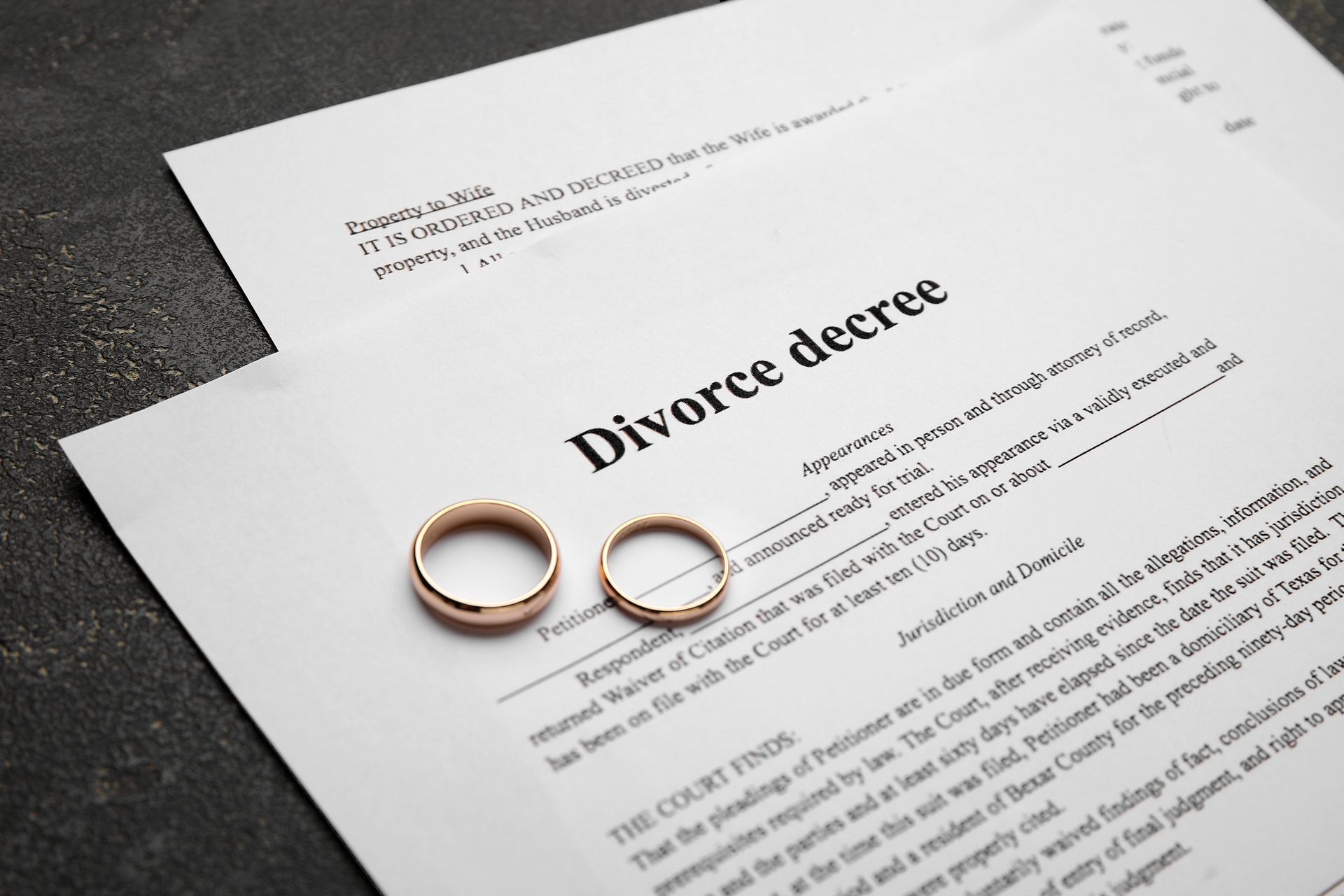What Happens If You Die Without a Will in Michigan: Things You Need to Know
What Happens If You Die Without a Will in Michigan: Things You Need to Know
Dying without a will is referred to as dying intestate, and the Michigan probate laws will govern how your estate is distributed. Upon your demise, the probate court will appoint an estate administrator to manage the estate. The administrator will distribute the assets according to the intestacy laws, which prioritize relatives in a specific order. The first priority is the surviving spouse and children; if none, the assets will go to the parent(s), siblings, and other living relatives.
The process of distributing the assets can be slow and costly. The court process of appointing the administrator and hearing the case may take months or even years, stretching legal fees, and adding to the stress of your loved ones. Importantly, the court does not know whether your appointed administrator is the one whom you believed was the right person for the job. They will be appointed solely through court appointment, and it may not sit well with your family.
The other significant drawback of dying without a will is losing control of how your assets will be distributed. Michigan's intestate laws may not reflect your preferences, and your assets might go to someone you did not intend to give any or more than you would have given to someone else. For instance, if you die without a will, and your spouse survives you, your estate may not go entirely to them as expected, given that children from a previous marriage might also be entitled to a share. This can lead to unexpected family conflicts and disagreements, which can be emotionally draining for your family.
The best way to avoid these potential consequences is by having a valid will in place. A will allows you to appoint a personal representative of your choice to manage your estate, instead of someone that the court chooses. It also ensures your assets are distributed as per your preference and not based on the state's predetermined laws. A valid will provides clarity, certainty, and peace of mind that your estate will be handled in a way that reflects your wishes after your demise.
Dying without a will in Michigan can lead to potential problems for your loved ones. The process can be time-consuming and costly, and the probate court may distribute assets differently than you would have preferred. To avoid these consequences, talk to an expert estate planning attorney in Michigan such as Scott Marshall Neuman PC, to help you prepare a valid will that reflects your wishes. A valid will provides clarity and peace of mind for you and your loved ones, ensuring that assets are distributed to the right people in the right way. It is never too early to start, and you want to be sure your wishes are respected.










